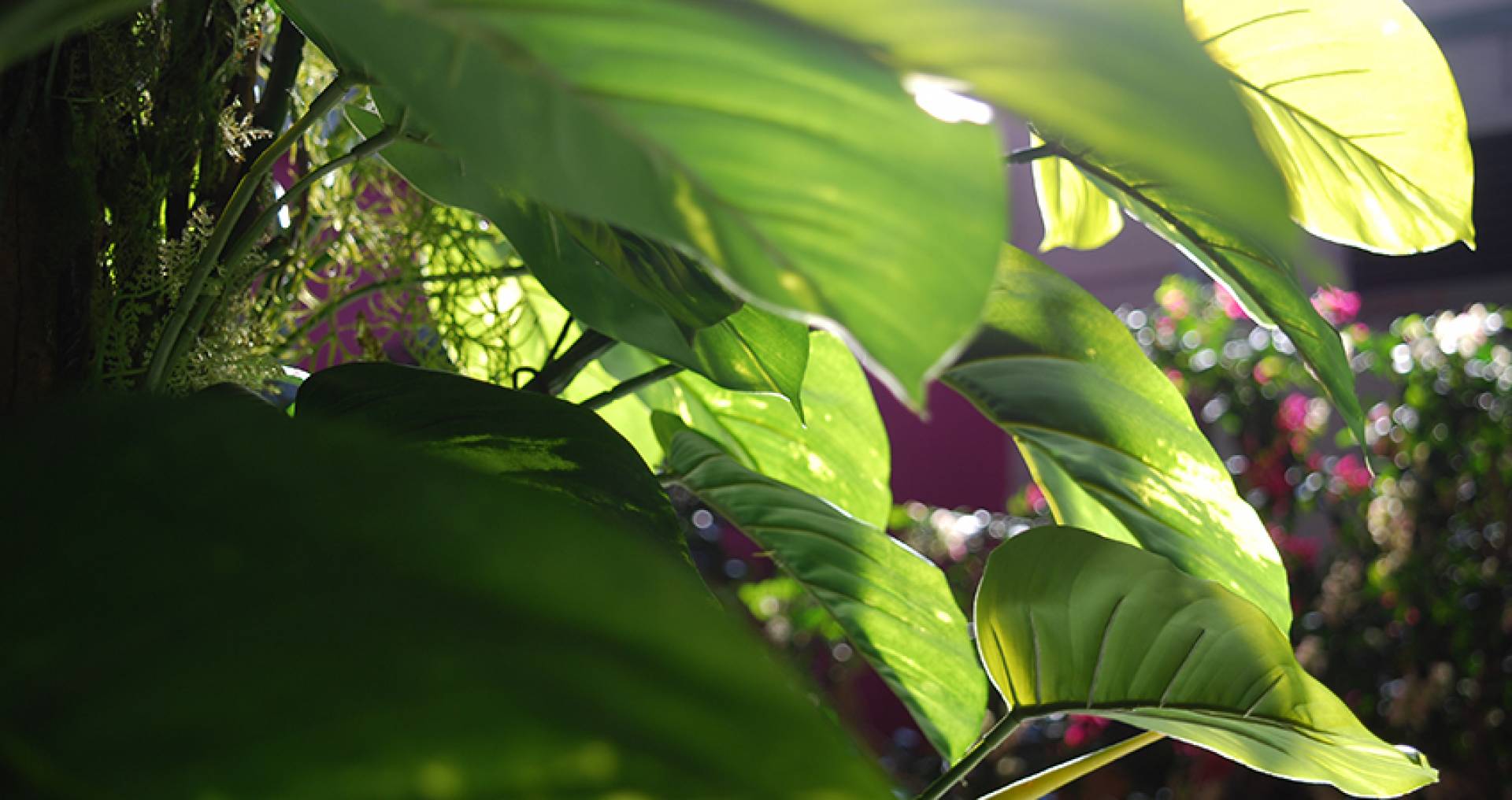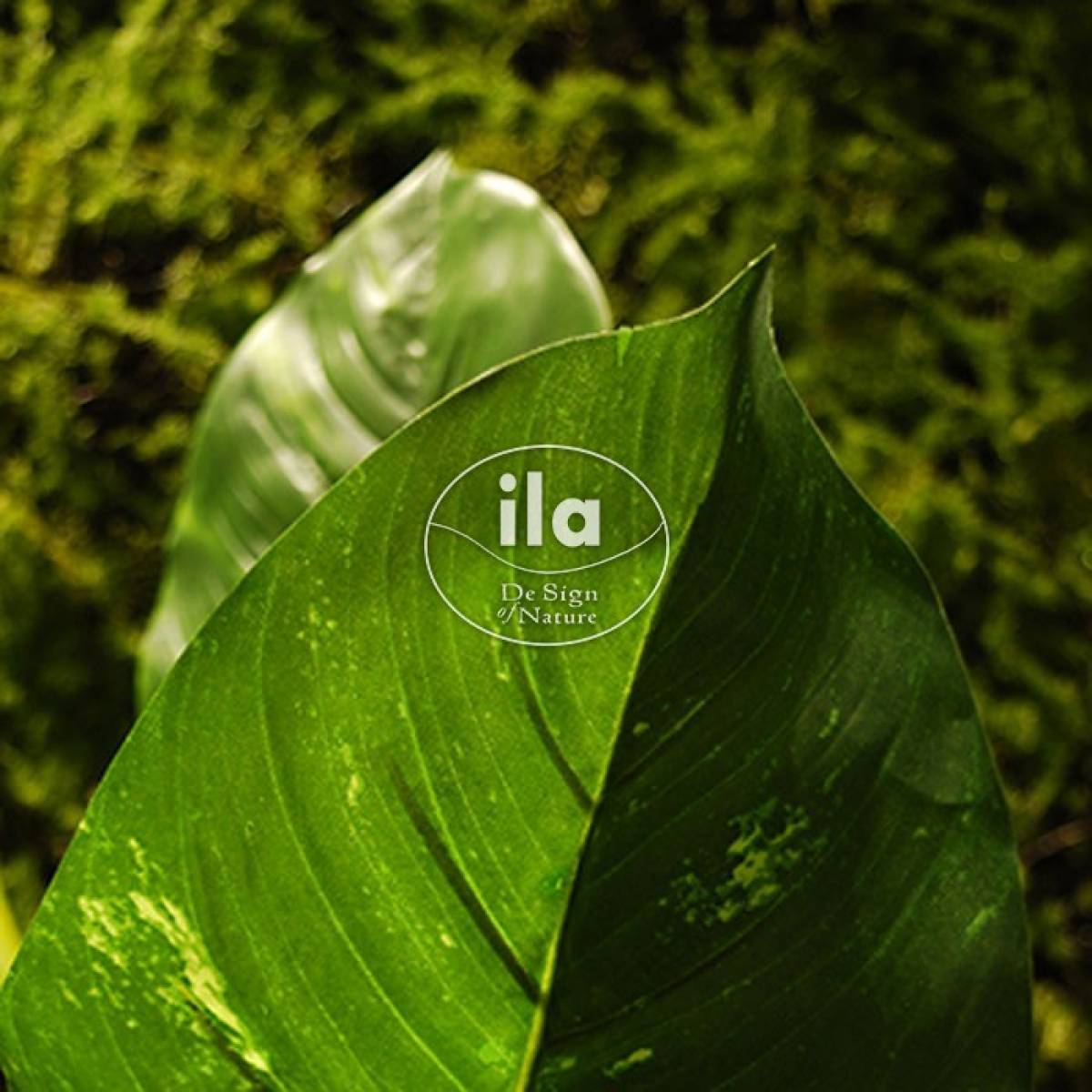A Homage to Pothos: the Immortal Plant
“All theory is gray my friend.
But forever green is the tree of life.”
(Faust, by Johann Wolfgang von Goethe)
Why the tropical plant with scientific name “Epipremnum Aureum” or “Scindapsus Aureus” as named Pothos by Westerns is not exactly clear and it seems to be a question that will forever remain shrouded in a dark mystery. As a matter of fact, the name Pothos in ancient Greek means either “desire” or “mourning” according to the context of its usage.
The plant is native of Tropical Asia and Australasia warm regions and islands where local populations have identified the plant with a multitude of different names: Golden Pothos, Celyon creeper, Ivy Arum, Silver vine and, interestingly, also devil’s vine and devil’s ivy.
The association with divinities and devilish figures might have arisen in popular Pacific culture not only for the dimension that Pothos leaves can reach and by the danger that this long, giant creeper might represent for adventurers in the deep tropical forest, but also by the fact that the plant is still considered pretty much invulnerable and immortal. Pothos plant can survive with very little water; when cut, its branches can still survive and continue to grow and its leaves can reach a largeness of 100 cm.
It is easy to see why such an adaptable kind of plant has readily been adopted in European and temperate regions becoming a houseplant for the “lazy people”, requiring very few attention and maintenance. There is no doubt, however, that the beauty of this bright green and gilded creeper is most evident in its own “devil’s lair” where the excluded and protected environment of the forest allow the leaves and stems to reach their full potential with overwhelming and divine dimensions.
Much like its namesake, Pothos grows and survives everywhere and under any condition and circumstance. No plant in the world better than this Golden-green marvel can instill in the heart of Men the rightful reverence and admiration for the Almighty Power of Nature.










